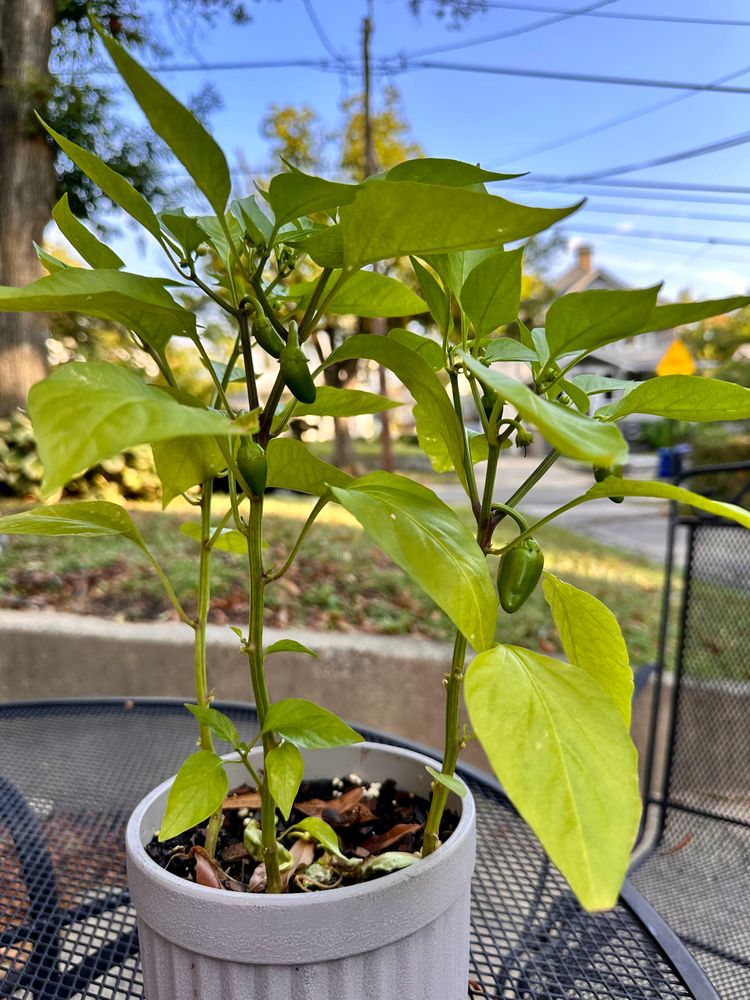15 Lessons I've Learned in 15 Years of Ministry

After a decade and a half of pastoral ministry, I've gained a few insights worth sharing. Some came easily; others I learned the hard way. In no particular order, here are fifteen lessons from fifteen years of ministry:
1. People matter more than institutions.
Organizations exist to serve people, not the other way around. When faced with a choice between protecting institutional reputation or caring for human beings, choose people every time. Churches, denominations, and ministries are temporary; souls are eternal.
2. Self-care isn't selfish—it's necessary.
Caring for yourself isn't a luxury; it's an ethical mandate for those in helping professions. The moments I've been least effective as a pastor have almost always corresponded with seasons of neglecting my own well-being. Your congregation needs you healthy more than they need you heroic.
3. You'll never do "enough."
Ministry is an infinite game with no finish line. There will always be more sermons to write, more people to visit, more programs to improve. Accept the limitlessness of what could be done and make peace with accomplishing only a fraction of it. Faithfulness isn't measured by exhaustion.
4. Bad theology kills.
Theology isn't merely academic—it shows up in our bodies, relationships, and organizations. Harmful ideas about God lead to harmful treatment of people. You owe it to yourself and your congregation to develop robust, thoughtful theology that leads to flourishing rather than destruction.
5. Diversify your theological library.
Most of the theology books I was assigned in undergrad and seminary presumed whiteness, maleness, straightness, able-bodiedness, and middle-classness. Only a few dared to center other identities. I've spent years correcting this imbalance, and it's been worth every page, book, blog, podcast, and real-life relationship. My experience of God and God's people has been immeasurably enriched.
6. Keep friends who aren't impressed by you.
Ministry can surround you with people who think you're special. Maintain relationships with folks who can call out your bullshit, who knew you before "Reverend" was attached to your name, and who don't need anything from you professionally.
7. Guard your rest with ferocity.
The first thing I'm always tempted to sacrifice is sabbath. When I surrender to this temptation, I become a worse pastor, husband, father, and human being. Rest isn't lazy—it's sacred, strategic, and sustaining. It's worth protecting every time.
8. As a communicator, "helpful" beats "interesting."
I used to chase clever sermon illustrations and theological nuance. Now I ask: "Will this actually help someone follow Jesus this week?" The most profound sermons are often the most practical ones. Save your most impressive thinking for your journal.
9. Learn the psychology, but know your limits.
I'm not a therapist, and I refer when necessary. But I've found immense value in understanding trauma-informed care, family systems, neuroscience, and human development. Pastors were once called "doctors of souls"—the better I understand how souls work, the better pastor I become.
10. You can't fix people.
I'm not called to repair broken humans; I'm called to offer them Jesus and invite them into healthier ways of being. The Holy Spirit does the transformative work. I'm just pointing the way as a fellow traveler.
11. Your ministry is often just one chapter in someone's journey.
I'm learning to be okay with being a paragraph, not the whole book, in people's spiritual stories. I don't "invest" in people (which implies ownership and expected returns); I walk alongside them for whatever stretch of road we share together, just as Jesus did.
12. You cannot make everyone happy.
Trying to please everyone is not only futile but harmful. Jesus himself didn't maintain a 100% approval rating. Some criticism means you're doing something right.
13. Non-reactivity pays dividends.
Every bit of effort I've put into learning emotional regulation, maintaining calm presence, and responding rather than reacting has been repaid tenfold. A non-anxious presence is perhaps the greatest gift a leader can offer a community.
14. Family comes first.
Nothing—no ministry success, church growth, or professional accomplishment—is worth sacrificing the well-being of my children, marriage, or family. Ministry opportunities will come and go; my primary vocation as husband and father remains.
15. Your relationship with God is not your job performance.
My connection with God cannot depend on how well I think I'm doing as an "organizational leader." My spiritual journey deserves its own tending. I've felt close to God when ministry metrics were terrible and distant from God when everything looked successful on paper. Never confuse the two.






Member discussion